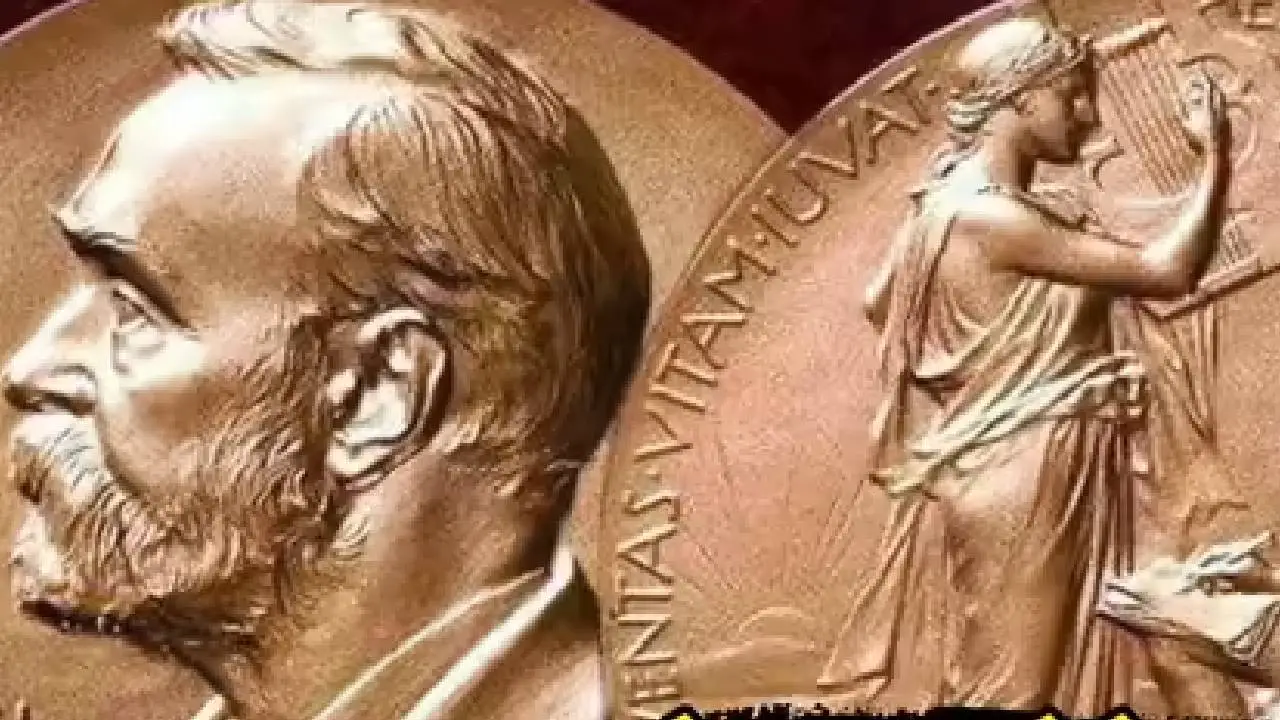
Credit:Top Indian News (Credit:Top Indian News)
International News: This year, Hungarian writer László Krasznahorkai has been chosen for the Nobel Prize in Literature. The Nobel Committee praised his visionary works that blend imagination and deep reflection. The announcement was made on Thursday, marking the fourth Nobel Prize declared this week. Earlier, awards in medicine, physics, and chemistry were announced. On Friday, the Peace Prize will be revealed, followed by the Economics Prize on Monday. All prizes will be officially given on October 10, the death anniversary of Alfred Nobel.
The Nobel Prize was founded by Alfred Nobel, a Swedish industrialist and inventor of dynamite, who passed away in 1896. His will created this award to honor those who bring benefit to mankind. The first prizes were awarded in 1901. Since then, the tradition has grown into a global recognition of excellence. The Nobel is now considered the most prestigious award across the world, celebrating breakthroughs in science, literature, and efforts for peace.
Only five people in history have received the Nobel Prize twice. These legends are Marie Curie, John Bardeen, Frederick Sanger, Linus Pauling, and Karl Barry Sharpless. Their rare achievement shows how their contributions changed the world not once, but twice. Each one represents a story of dedication and groundbreaking discoveries. Winning a Nobel once is extraordinary, but winning it twice is almost impossible, making them stand apart in history.
Marie Curie was the first woman to win a Nobel and the first person to win it twice. In 1903, she won the Physics Nobel with her husband Pierre Curie for research on radioactivity. In 1911, she won the Chemistry Nobel for discovering radium and polonium, and for isolating pure radium. Her work not only transformed science but also inspired countless women to pursue careers in research. She remains one of the most iconic Nobel laureates.
John Bardeen won two Physics Nobels—first in 1956 for inventing the transistor and again in 1972 for the BCS theory of superconductivity. Frederick Sanger won two Chemistry Nobels, in 1958 for determining the structure of insulin and in 1980 for developing DNA sequencing methods. Karl Barry Sharpless also won Chemistry Nobels, in 2001 for chiral catalysis and in 2022 for click chemistry. These achievements revolutionized technology, medicine, and chemistry worldwide.
Linus Pauling stands out for winning Nobels in two different fields. In 1954, he was honored with the Chemistry Nobel for his groundbreaking work on chemical bonds. Later in 1962, he won the Nobel Peace Prize for his strong campaigns against nuclear weapons. His story shows that science and peace can walk together, and one man can influence both the laboratory and the world stage. Few in history can match such a legacy.
The very first Nobel Prizes were awarded in 1901. In Physics, Wilhelm Röntgen received the honor for discovering X-rays. In Medicine, Emil von Behring won for serum therapy against diphtheria. The Peace Prize went to Swiss leader Jean-Henri Dunant, founder of the Red Cross, and Frenchman Frédéric Passy for his peace efforts. These first awards set the tradition for honoring those who improve human life. The Nobel Prize continues to be a symbol of global excellence.





Copyright © 2026 Top Indian News
